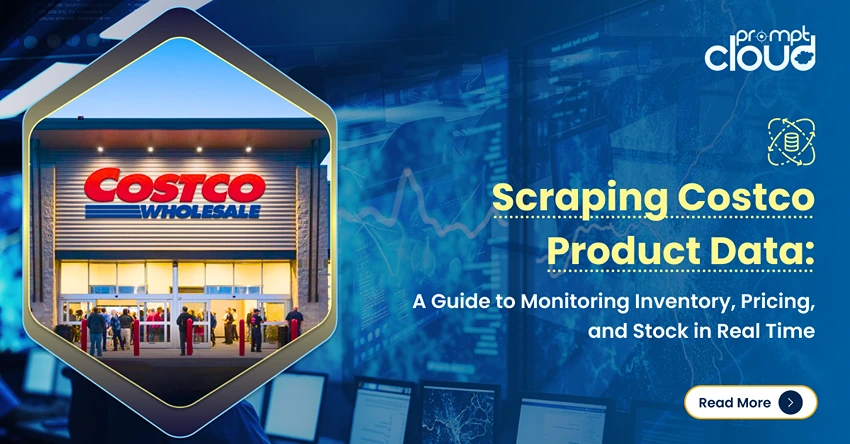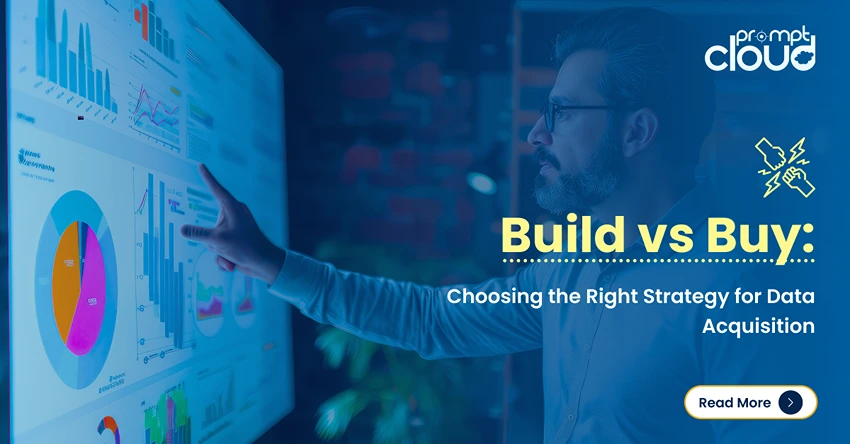
With change in times, we have come across significant changes in technology and their consequences all over the world. Apart from driving traction in business and operations, there are also social and economic implications to consider in this regard, as the world has moved into a phase where everything is connected more, better distributed, and information gets created and spread at the speed of light. With the penetration of Big Data, many companies around the world have begun looking at their business processes differently, relying more on actual, fact-based insight than tried and tested traditional methods. With a major transformation taking place in many business areas due to the impact of Big Data, some other important changes have also occurred over the last few years.
An important requirement of working with Big Data is the requirement of efficient, versatile data storage. Companies working with Big Data for their own interests or selling data driven services both need the perfect storage solution when it comes to storing huge amounts of unstructured information and keeping it ready for processing and analysis that comes with Big Data. For more than two decades, relational databases have constituted the most dominantly used and preferred model of database architecture and management. Unfortunately, SQL databases have certain limitations that render them relatively weaker when it comes to working with Big Data. A massive, constant flow of unstructured data is not something that relational databases are inherently equipped to handle well. One of the major breakthroughs that have happened over the last few years is the surge in popularity of non-relational databases, or as they are often called NoSQL databases.
NoSQL
NoSQL or Not Only SQL databases are essentially different from relational databases. They use systems of data storage and retrieval which are different from the standard tabular format that is popularly used in relational databases. Although there is no strict definition for NoSQL, the point which governs its classification is its nature of not being relational. Using different storage techniques and often being deployed in the cloud, NoSQL is a perfect foil for Big Data related operations in many ways. There are currently multiple NoSQL solutions and new ones are being developed rapidly. While these solutions differ in many ways, there are some points of commonality which also constitute the reasons why NoSQL is so particularly suited for use with Big Data. These commonalities are –
– The absence of relational properties and database schema
– A highly scalable infrastructure that can be scaled up or down quickly as per need
– Low amount of latency and improved performance compared to SQL databases
With these advanced features and clear advantages, it is clear that NoSQL is the way to go when Big Data applications are concerned. The DaaS or Data as a Service industry is already actively employing the benefits of NoSQL to great effect to take their services to new levels.
Why is NoSQL good for the Data as a Service Industry?
When it comes to empowering the Data as a Service industry, there are many reasons why NoSQL has emerged as the database platform of choice. As the most basic level, NoSQL is an ideal match for Big Data applications thanks to the ability of the platform to handle high volumes of unstructured data at blazingly fast speeds. The lack of a data model set in stone and concrete database schemes is what gives the platform most of its advantage when dealing with intensive tasks like handling Big Data. There are a number of important advantages that you can bring to the table if you use NoSQL as your database infrastructure of choice. Let us take a look at some of the more important ones –
Elasticity of Scaling
Load balancing is an important issue with database servers, something that companies providing DaaS should ideally be adept at. With increased load, it should be possible for you to add extra capacity and power to the hardware running it to ensure maximum efficiency. With relational databases, scaling has always been a mixed bag. Database administrators dealing with relational databases often had to completely switch out their existing hardware in favor of much more powerful ones in order to accommodate increasing loads. With NoSQL, there is always the option of scaling out versus scaling up. This way, you get the option of spreading your database across an increasing number of hosts with surge in load. This not only presents a huge economic advantage, but is more in tune with the scheme of things at present with databases moving more and more towards virtualized environments and cloud platforms. Even with low-cost hardware, you can go a long way with NoSQL databases thanks to their transparent expansion capabilities.
Ideal for Big Data
DaaS companies need one capability more than others when it comes to finding the right database platform – the ability to adapt to the requirements of working with Big Data. Just like data transaction rates have continued to rise over the last decade, with the arrival of Big Data, data storage requirements have also spiked exponentially. While relational database systems have been trying to keep up with these demands, they are essentially limited as they are single entity databases. A single relational database system possesses certain marked constrictions when it comes to practically handling large volumes of data. Simple, efficient NoSQL systems can handle Big Data requirements even better than the largest, most sophisticated relational database systems. This gives NoSQL a big edge when it comes to Big Data related operations, particularly in the DaaS industry.
Easier Administration
A particularly nagging problem of sophisticated, high-end relational database systems is that there is always the need for a skilled and experienced database administrator for optimum operation without downtime. Database administrators are usually actively involved in the design, planning, deployment, maintenance and optimization of high-end relational database systems. This creates an extra level of dependency, and qualified database administrators can frequently be prohibitively expensive to employ. With NoSQL, databases are usually planned and designed from the grassroots level in a way that alleviates the need for elaborate maintenance. With much simpler data models, easier and more intuitive data distribution and automatic repair functionality, the administration and optimization requirements of NoSQL database are in theory substantially lesser. While there will always be the need for experienced database administrators no matter what kind of database platform gets used, the job is sure to be a lot easier with NoSQL database systems, and your mission-critical data will always be readily accessible without hassle.
Flexible Data Models
In any kind of relational database system, dealing with change is always a big issue. To make changes to the data model of a relational database system to accommodate a change in surroundings might entail the investment of a lot of time and effort, and might even give rise to a reduction in performance levels or worse, downtime. This is a category where NoSQL systems emerge as the clear winner. As these databases have very little in the way of data model restrictions, the capabilities of these databases to withstand and adapt to change is far superior. Simple data classes in NoSQL allow for the easy creation and management of new database columns, while also facilitating the storage of any kind of structure inside of a data element. As a result, any change in schema or application does not need to be heavily managed as a single, complex unit of change. With proper measures taken to ensure good integrity of data, NoSQL systems can even make applications iterate and perform faster and smoother- a blessing for DaaS providers.
Economically Viable
One important thing that NoSQL has got going to support its adoption is the absence of extensive hardware reliabilities, which is a problem that usually pegs relational database systems at some point or the other. NoSQL databases use a large cluster of low-cost, commodity servers to be able to manage and manipulate large amounts of data and transaction volumes. There is no need for expensive storage systems and specialty proprietary server platforms like there often is with relational database systems. This can result in a massive drop in costs, enabling you to store, analyze and process a lot more data every second without having to pay a premium for the ability to do so. Being more economical overall, it is indeed a great choice.
NoSQL also comes with its fair share of challenges and curveballs. Most of these, however, put little impediment on the path to its popularity. As a DaaS provider, you need all the important features and advantages that are available with the adoption of NoSQL if you want to empower your business. With the right NoSQL package, you have an ideal data storage and operation solution that is scalable, versatile, relatively inexpensive and perfectly suited to handling large and intense demands which are commonly associated with Big Data.





















